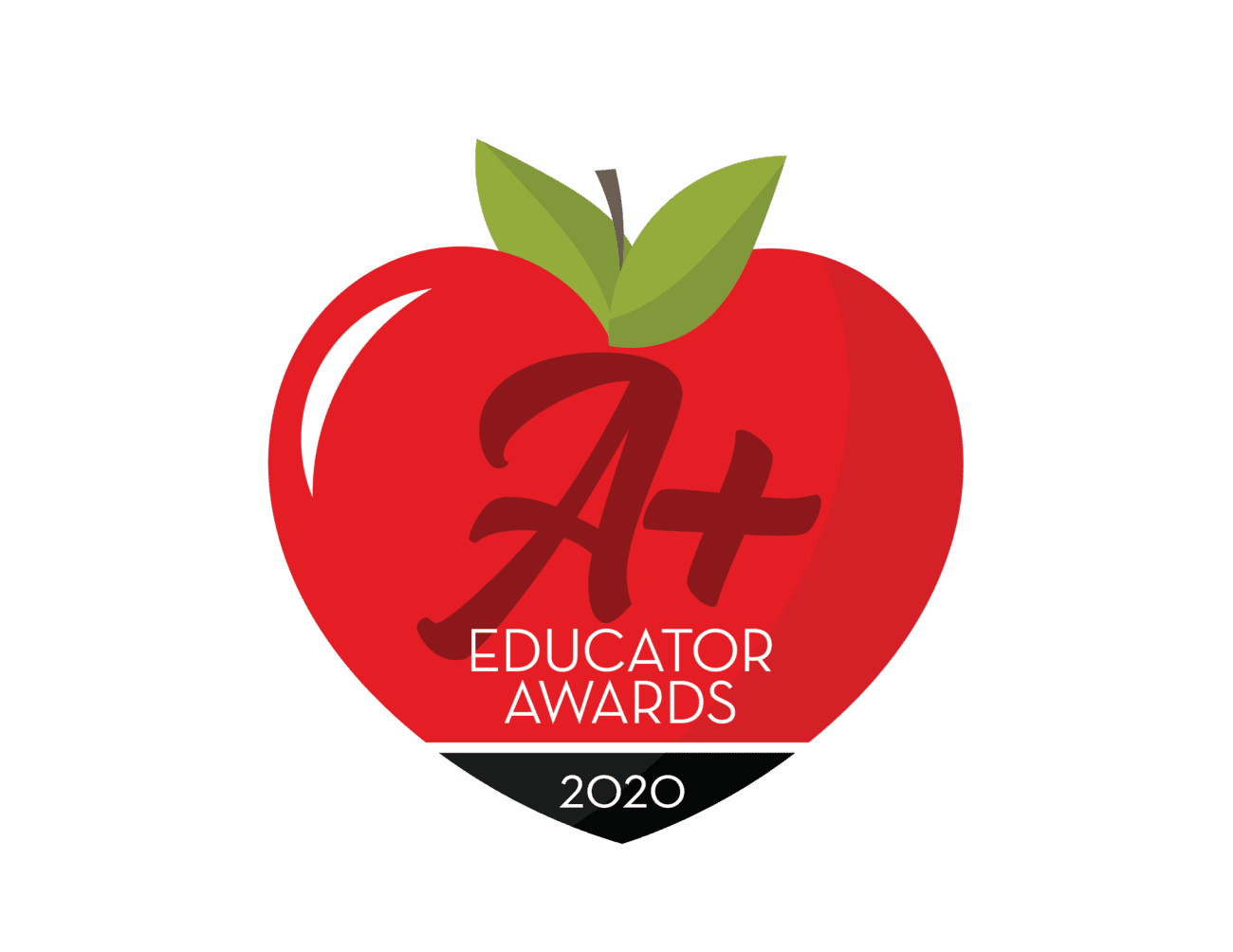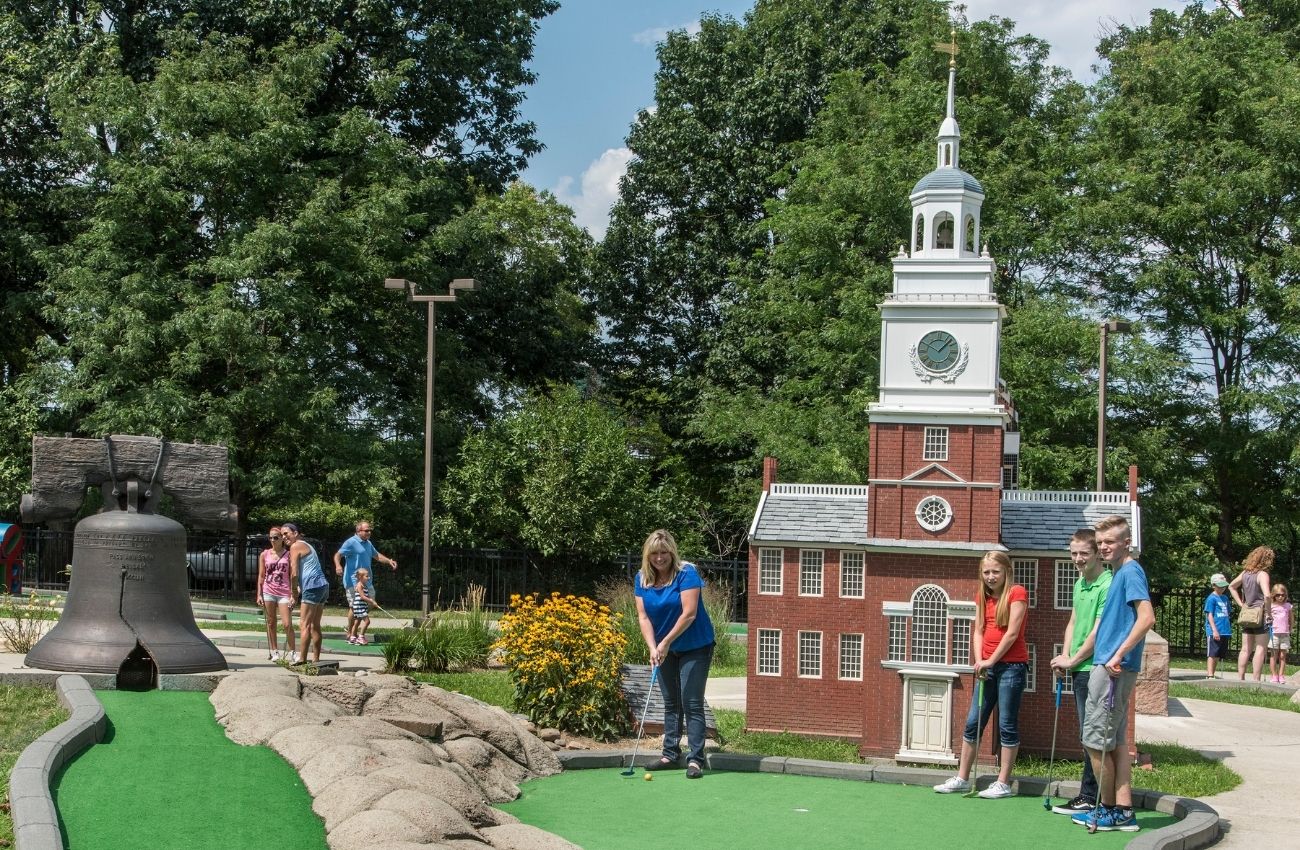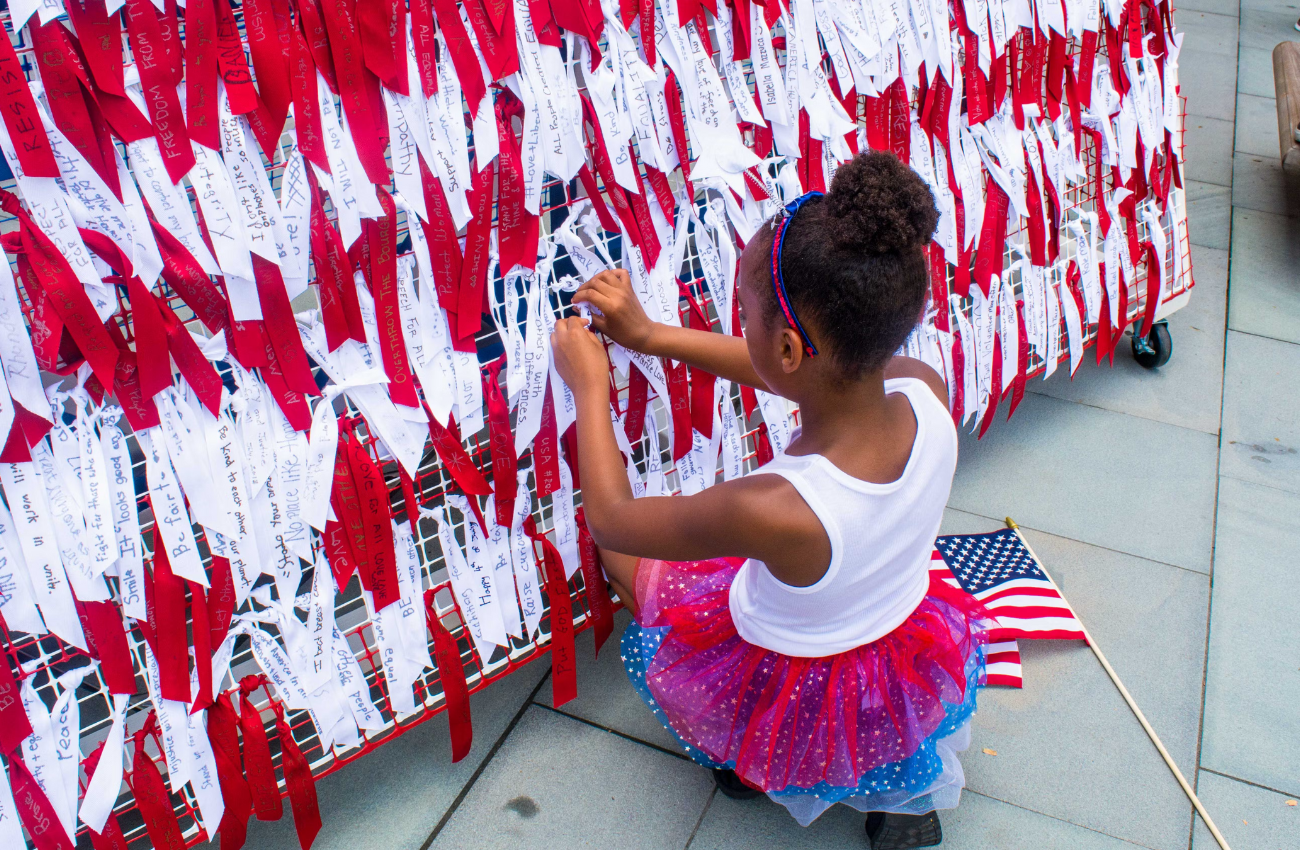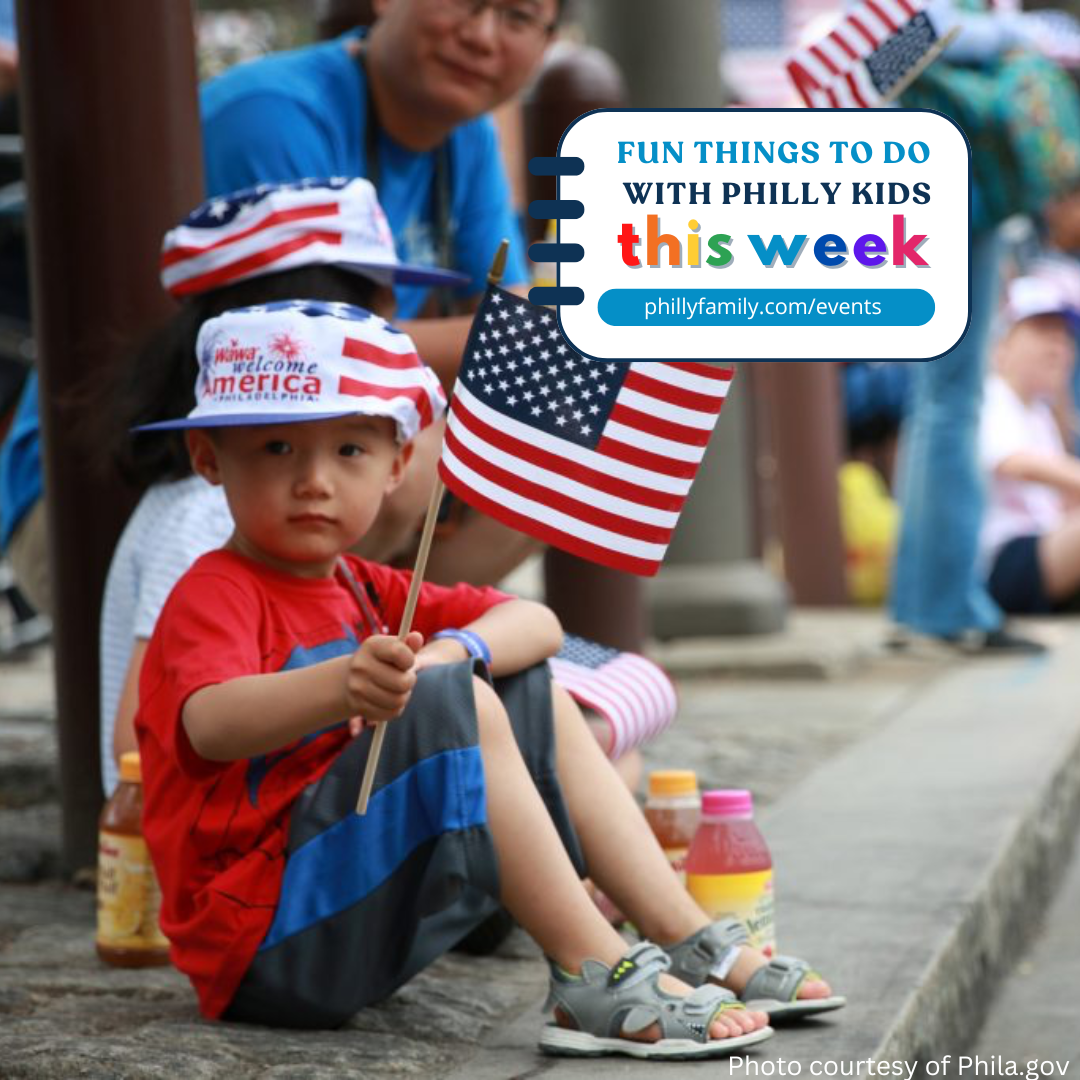2020 A+ Educator: Shemi Edwards, Grover Cleveland Mastery Charter School
Science Teacher, Grover Cleveland Mastery Charter School

 Her Nominator Says:
Her Nominator Says:
“Ms. Edwards is an amazing teacher! She cares about her students and teaches them very innovative approaches to look at science. Her students love and appreciate her. I’m a first year teacher, and she has taken time to talk to me and is always helpful when I need assistance. She’s a fountain of resources. Ms. Edwards is active in the community and is a blessing to those she comes in contact with. She deserves this award.”
~ Tee Harris
Get To Know Shemi
Shemi Edwards teaches third and fourth grade science at Grover Cleveland Mastery Charter School in North Philadelphia, under the leadership of Letisha Laws, Principal. Ms. Edwards has been teaching at GCMCS for the past four years. She holds a BS in biology and a Masters in Health Education, as well as diplomas for medical assisting, phlebotomy and electrocardiography. Before Ms. Edwards became a teacher she practiced in healthcare for over 20 years and loves sharing that knowledge with her students. Ms. Edwards is a native of Philadelphia and has two beautiful daughters, Sheridyn and Aaris.
We Asked Shemi:
What made you want to be a teacher/educator? When did you decide that was your path?
Honestly, I didn’t choose to teach – it chose me. I worked in healthcare for years. The company I was with experienced a merger and downsized, and fortunately I was let go. Yes, I said, fortunately! Because shortly after I began substitute teaching. Then, with the referral of a close family member who is also a teacher, I started working at Grover Cleveland. It didn’t take long for me to realize I was good at it, I liked it, and it was where I belonged.
What is your teaching philosophy?
I genuinely believe that if my students can’t touch it or gain experience from it, they will have difficulty learning about it. With that in mind, I strive to provide hands-on experience for students in science daily.
How do you make your classroom environment feel welcoming and dynamic?
At first, I didn’t know what theme I wanted for my classroom. Slowly but surely, my class started to come alive. It began with a small critter corner, a few garden plants, and a praying mantis a student found outside. While teaching one of my lessons, I challenged the students to bring in a small organism that we could learn from. That resulted in my classroom having plants and hanging vines, two guinea pigs, a turtle, a garter snake, a tarantula, hermit and fiddler crabs, a bearded dragon, cricket boxes, an assortment of fish, butterflies, and hatching live ducks! My number one priority is to educate my students. In science, we are learning our daily lesson, or the students are showing how responsible they can be by learning how to take care of the organisms in our classroom. Guests are in awe when they visit our mini classroom zoo. The zoo gets students invested in our science, and parents and other students throughout the building can’t wait to see what all the excitement is about in Ms. Edwards’ classroom!
What would you love for the parents of your students to know?
How do you encourage reluctant learners?
When students are experiencing challenges in my classroom, it is my job to encourage them and get them back on track. From the moment that students enter my class, I begin building a relationship with them. When they have difficulty, the relationship that we have developed allows me to have an open and honest conversation with them so that I can figure out how best to support them. Often I find that by giving students a chance to express themselves, they get back on track for the day.
How do you resolve problems in the classroom, if a student is disruptive, for example, or if two students aren’t getting along?
Lunch Bunch is an excellent concept to resolve conflict, when each person takes a few minutes to explain what happened. Most of the time, elementary school conflict is resolved by having students communicate about the issue and while the adult provides a few ideas about how to repair the harm and move forward.
How can you tell when your material is connecting with your students? How do you measure progress?
I can tell when the materials are connecting with the students because the students begin engaging in academic conversations and the concepts, and students become eager to participate in the science labs. Also, they get excited to debate respectfully about the new things that they are learning. I measure student progress through a variety of methods such as tests, quizzes, and other summative assessment tools.
Has teaching changed since you started?
My love of teaching has grown since the first day I started teaching because I have witnessed how impactful the curriculum has been on my students. Because my lessons are designed to provide students with hands-on experience most of the time, my students are super excited. In turn, their excitement keeps me motivated to bring engaging lessons to my students every day.
How do you prepare for the first day of school?
Lesson plans are created well before the first day of school. I make sure I have a welcome letter for parents and students with expectations and contact information. I also ask myself, “If I were a third-grader again, what would I expect from my science teacher on the first day?” I create a display of fun activities, such as magic sand, a volcano in a bottle, and slime. Every kid loves slime! I let them ask all the questions they like. They get excited and look forward to “figuring out why” in the lab.
What has been most rewarding about teaching?
The most rewarding thing about teaching is seeing students make real-life connections. I appreciate them sharing what they have learned with their families. I especially find joy in the “Ah-ha” moment. When I hear them say, “Oh, now I understand, Ms. Edwards,” then fully engage with their peers to help them.



 Her Nominator Says:
Her Nominator Says:

